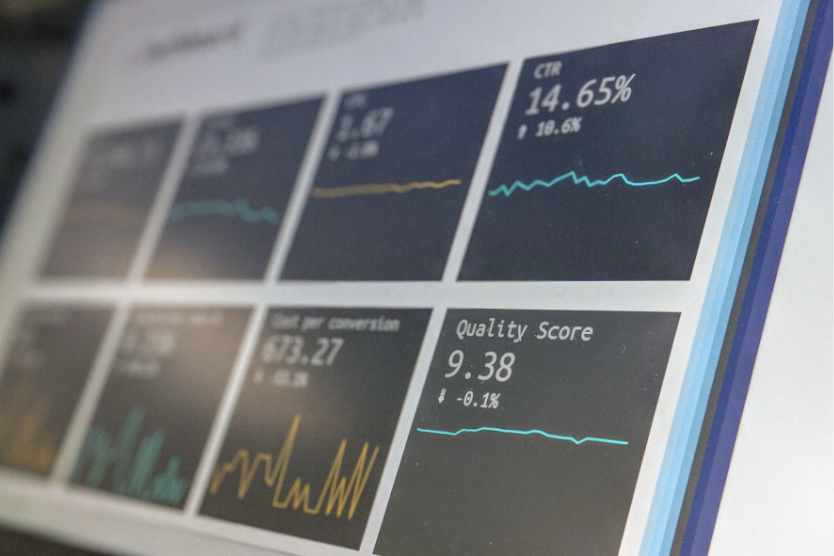
The project "Solid-state batteries - FestBatt" will investigate how the energy density of solid-state batteries can be increased and how their production can be made cleaner.
© Stephen Dawson, Unsplash
The search is on for new battery formats that can hold more energy, are safer and more sustainable. Kicking off in November, "Solid-state batteries - FestBatt" is the fifth competence cluster of the "Research Factory Battery" network, led by the University of Bayreuth and funded by the Federal Ministry of Education and Research. It will investigate how the energy density of solid-state batteries can be increased and how their production can be made cleaner.
The biggest manufacturing challenge, that solid-state batteries present, is the fabrication of the cathodes and electrolytes that are made up of intricate ceramic layers. The scientists will focus on the PAD (powder aerosol deposition) method which is the cleanest and most reliable technique.
“Of central importance to our research is the precise modelling and efficient simulation of electrochemical processes, especially with regard to the interactions between electrolyte, electrode and full cell,” says Professor Michael Danzer, chair of Electrical Energy Systems and head of the Bavarian Centre for Battery Technology (BayBatt) in an article in Innovations Report. “On this basis, we will be able to gradually optimise the design of the graded solid-state batteries we are aiming for."
Different active materials for the cathode in various proportions will be assayed, as will a variety of solid electrolyte powders and electronically-conductive additives. The team, who are collaborating with researchers from the Saarland University and the Karlsruhe Institute of Technology, aim to achieve a volumetric energy density of 1,150 watt-hours-per-litre (Wh/l) in the new batteries. Improving safety is also paramount: suitable operating levels and limits will be defined for the parameters of temperature, pressure and current density.


